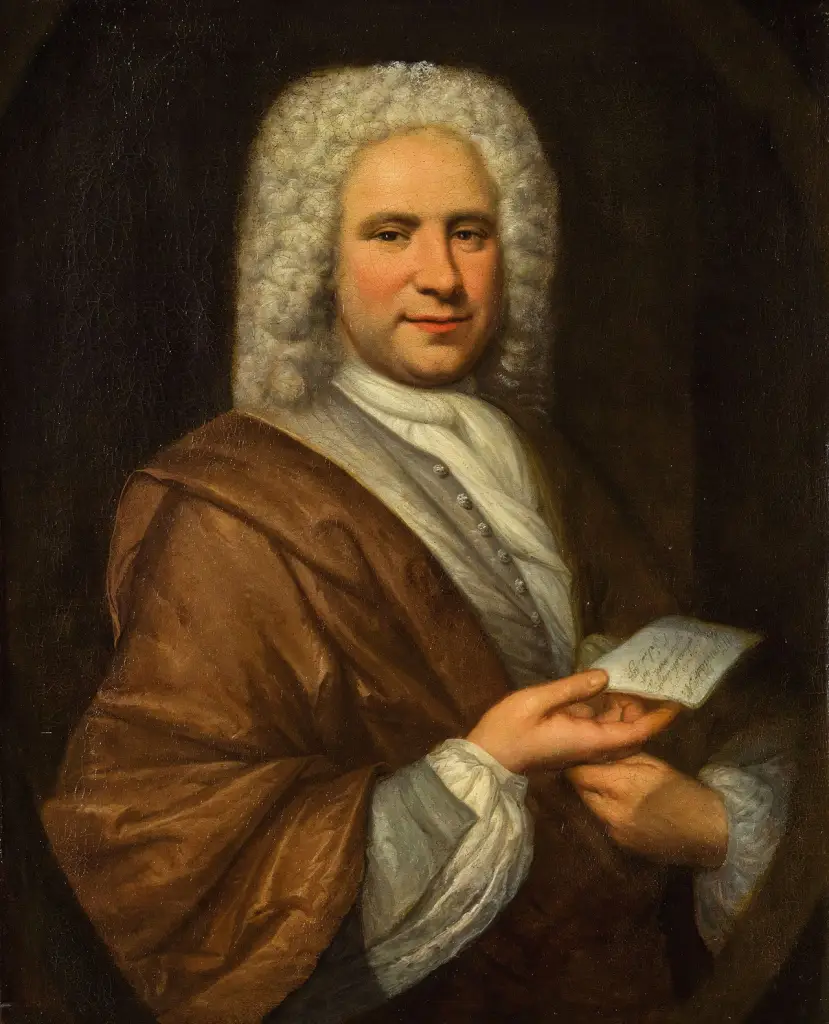
Michel de la Barre (1675-1745)
Michel de la Barre was a pioneering French flutist and composer, recognized for being one of the first to compose and publish music specifically for the flute in the Baroque era.
Early Life and Musical Beginnings
Michel de la Barre, born around 1675, was a pioneering figure in the development of French Baroque flute music. His early life details are sparse, but it is known that he emerged during a vibrant period of musical innovation in France. By the early 18th century, de la Barre had established himself as one of the foremost flutists in Paris, an era when the flute was gaining prominence as a solo instrument.
Career and Contributions
De la Barre served as a court musician to Louis XIV, a prestigious position that facilitated his influence in French musical circles. He was one of the first musicians to publish works specifically for the flute, contributing significantly to its repertoire and status as a solo instrument. His compositions often included trio sonatas and pieces for solo flute, which showcased the instrument’s capabilities and expressive range.
Major Works and Musical Style
Michel de la Barre is best known for his ‘Suites’ for flute, which were among the first to be composed specifically for the instrument in France. His works include:
- “Suite No. 2 in G major” which exemplifies the French suite form, comprising movements like Allemande, Courante, Sarabande, and Gigue.
- “Suite No. 9 in G minor” demonstrates his skill in melding the technical demands of the instrument with the aesthetic sensibilities of the French Baroque style.
His music is characterized by its lyrical melodies, intricate ornamentation, and the effective use of the flute’s tonal colors. De la Barre’s compositions were innovative in their use of the flute as a solo melodic voice, alongside traditional continuo instruments like the harpsichord and viola da gamba.
Importance and Legacy
Michel de la Barre’s significance in the history of music lies in his role as a pioneer of solo flute music during the Baroque period. He was instrumental in establishing the flute as a solo concert instrument, and his compositions laid the groundwork for later developments in flute music. His suites and other works continue to be important repertoire for classical flutists studying the Baroque style.
His influence extended beyond his lifetime, impacting the evolution of flute music in France and across Europe. His works provided a foundation that later composers, such as Johann Sebastian Bach and Georg Philipp Telemann, would build upon in their own compositions for the flute.
Death and Posthumous Recognition
Michel de la Barre passed away on March 15 of 1745, leaving behind a legacy that would influence generations of musicians. His innovative approach to composition and performance continues to be celebrated in the classical music community, reflecting his pivotal role in shaping the development of Baroque flute music.
Michel de la Barre (1675-1745)

